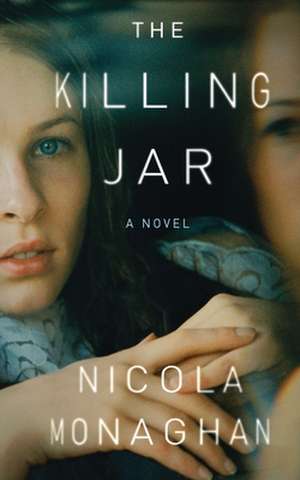Killing Jar
Autor Nicola Monaghanen Limba Engleză Paperback – 3 apr 2016
Very early on, Kerrie-Ann begins to dream of the world beyond the rough council estate where she lives. Her father is nowhere to be found, her mother is a junkie, and she is left to care for her little brother. Clever, brave, and frighteningly independent, Kerrie-Ann has an unbreakable will to survive. She befriends her eccentric, elderly neighbor, who teaches her about butterflies, the Amazon, and life outside of her tough neighborhood. But even as Kerrie-Ann dreams of a better life she becomes further entangled in the cycles of violence and drugs that rule the estate.
Brilliant, brutal, and tender, "The Killing Jar" introduces a brave new voice in fiction. Nicola Monaghan's devastating prose tells an unforgettable story of violence, love, and hope.
Preț: 112.93 lei
Nou
21.61€ • 22.62$ • 17.88£
Carte disponibilă
Livrare economică 15-29 martie
Specificații
ISBN-10: 0743299701
Pagini: 288
Dimensiuni: 127 x 203 x 15 mm
Greutate: 0.26 kg
Editura: Scrb - Scribner MacMillan
